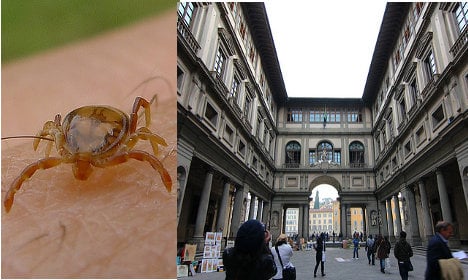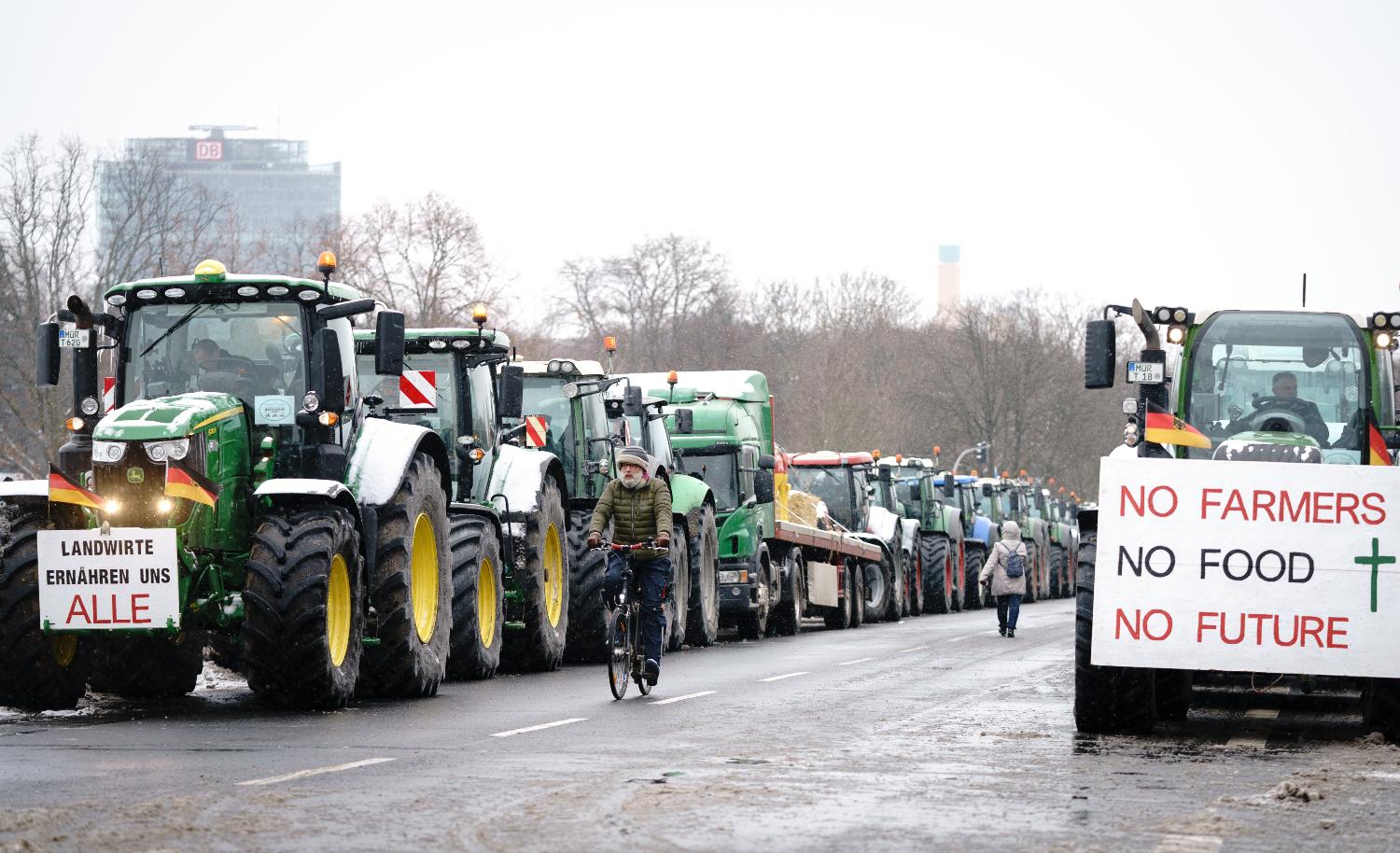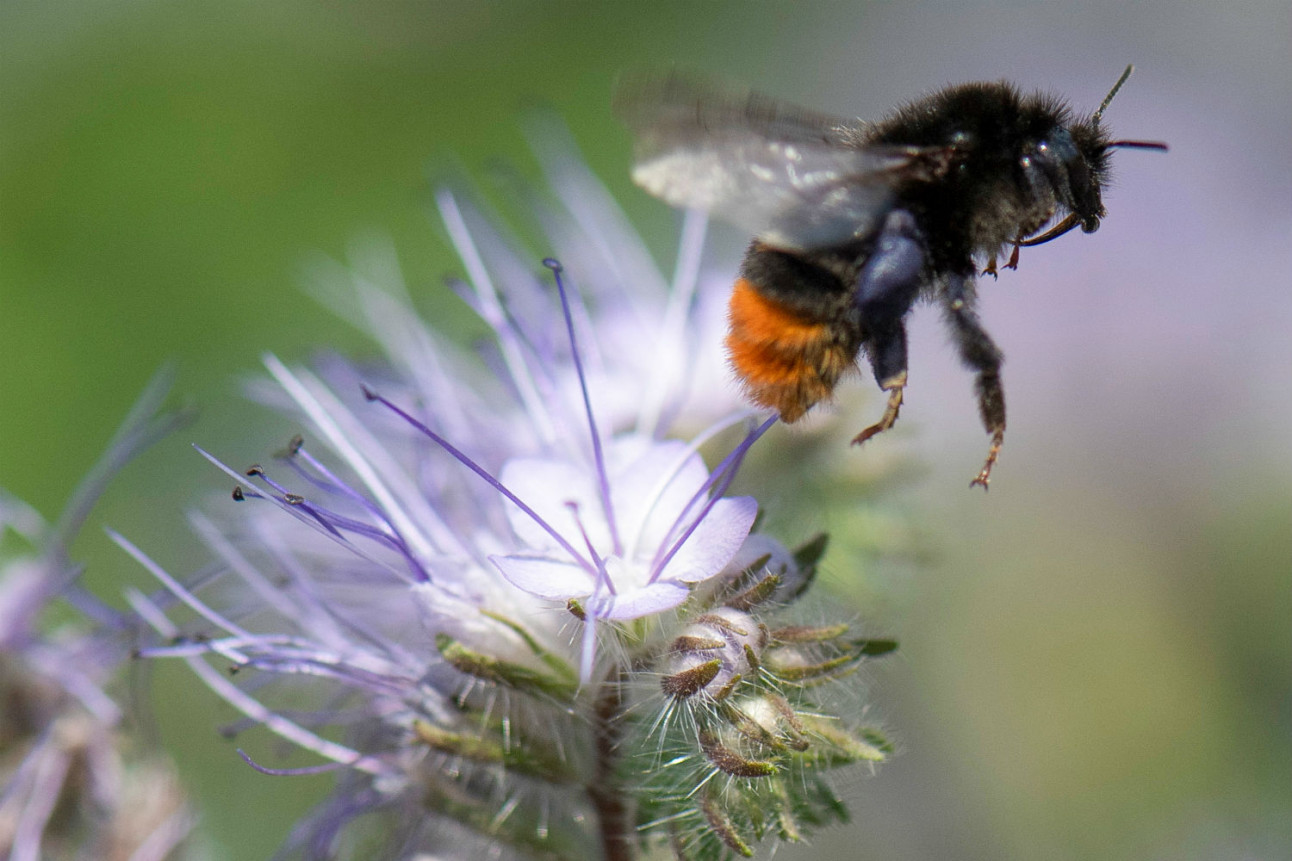The parasites, which are relatively common in northern Italy, were first spotted by a security guard on Saturday afternoon, outside one of the rooms where 15th century artworks are displayed.
Luckily no damage was done to the paintings, staff or visitors, but the rooms were immediately closed off to the public and an inspection of the museum was carried out. This was followed by an intensive disinfestation of five rooms on Sunday and Monday, before reopening as normal on Tuesday.
However, the extermination effort does not seem to have been successful.
An employee was bitten at around 8.30am on Thursday while working in the cloakroom, and was taken immediately to hospital – though she was not severely ill, according to Italian media reports.
After a thorough check of the museum's rooms, Uffizi director Eike Schmidt ordered that staff and visitors be kept away from the cloakroom area for the rest of the afternoon, and a second extermination took place on Thursday evening.
The cloakroom is open as usual again from this morning as the entire museum undergoes an “extraordinary cleaning effort”, as the museum described it in an announcement.
It is thought that the ticks found their way into the gallery by hitching a ride on the pigeons which crowd Florence's central squares and sometimes land on the museum's open windows.
Infected ticks can cause Lyme disease and TBE (tick-born encephalitis) in humans, both of which can be fatal in a small proportion of cases. In Italy, the risk of TBE is low.




 Please whitelist us to continue reading.
Please whitelist us to continue reading.
Member comments